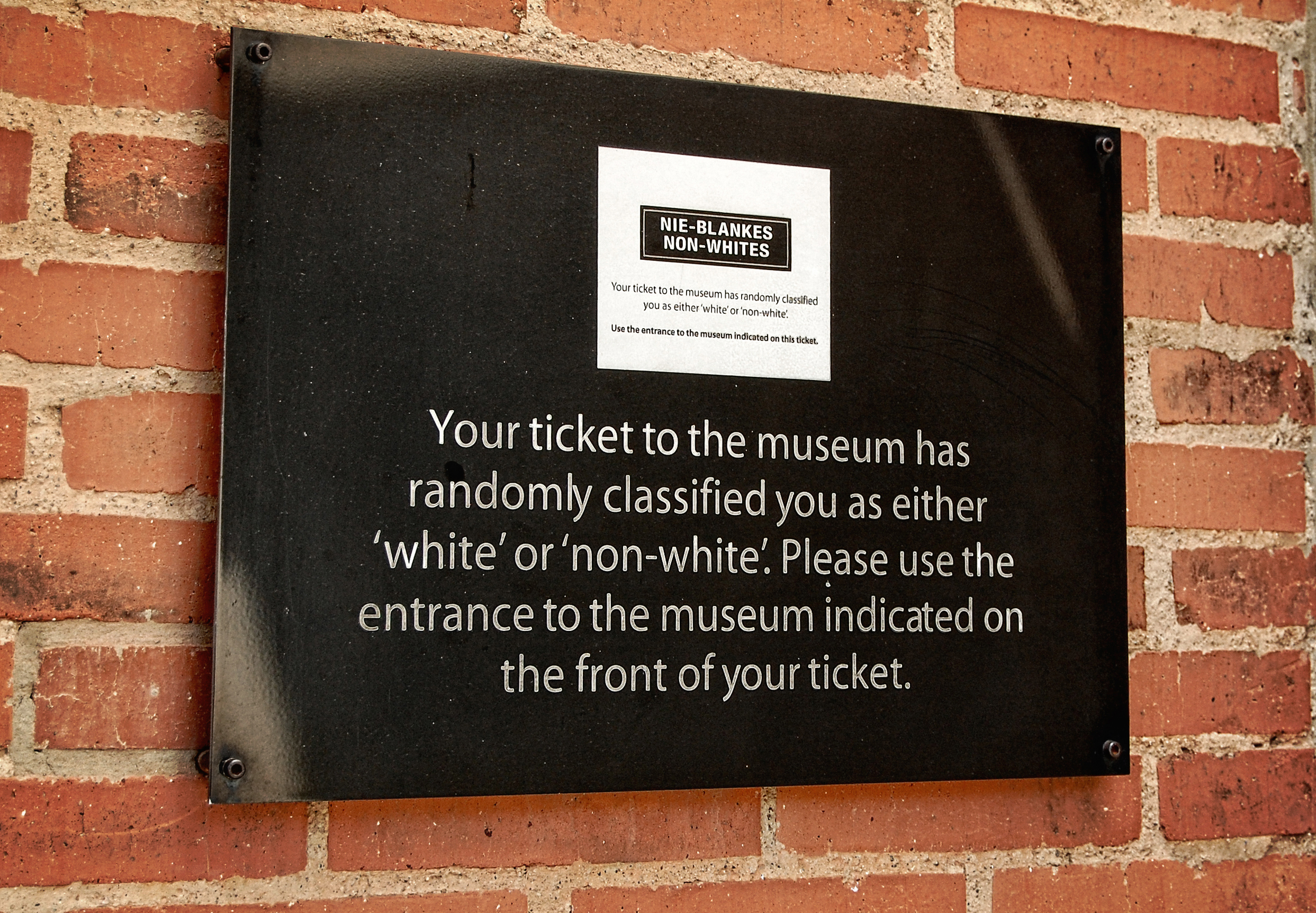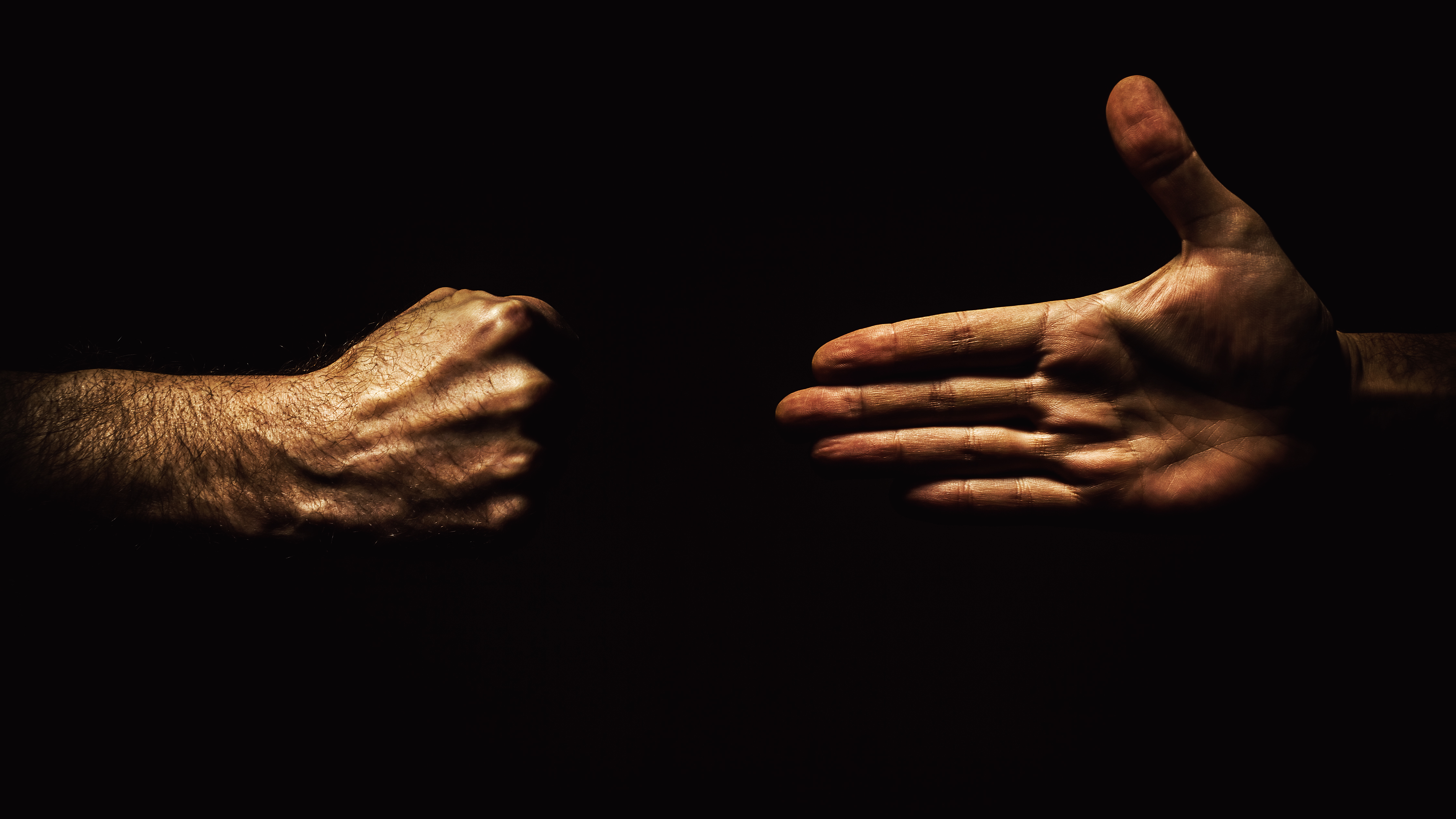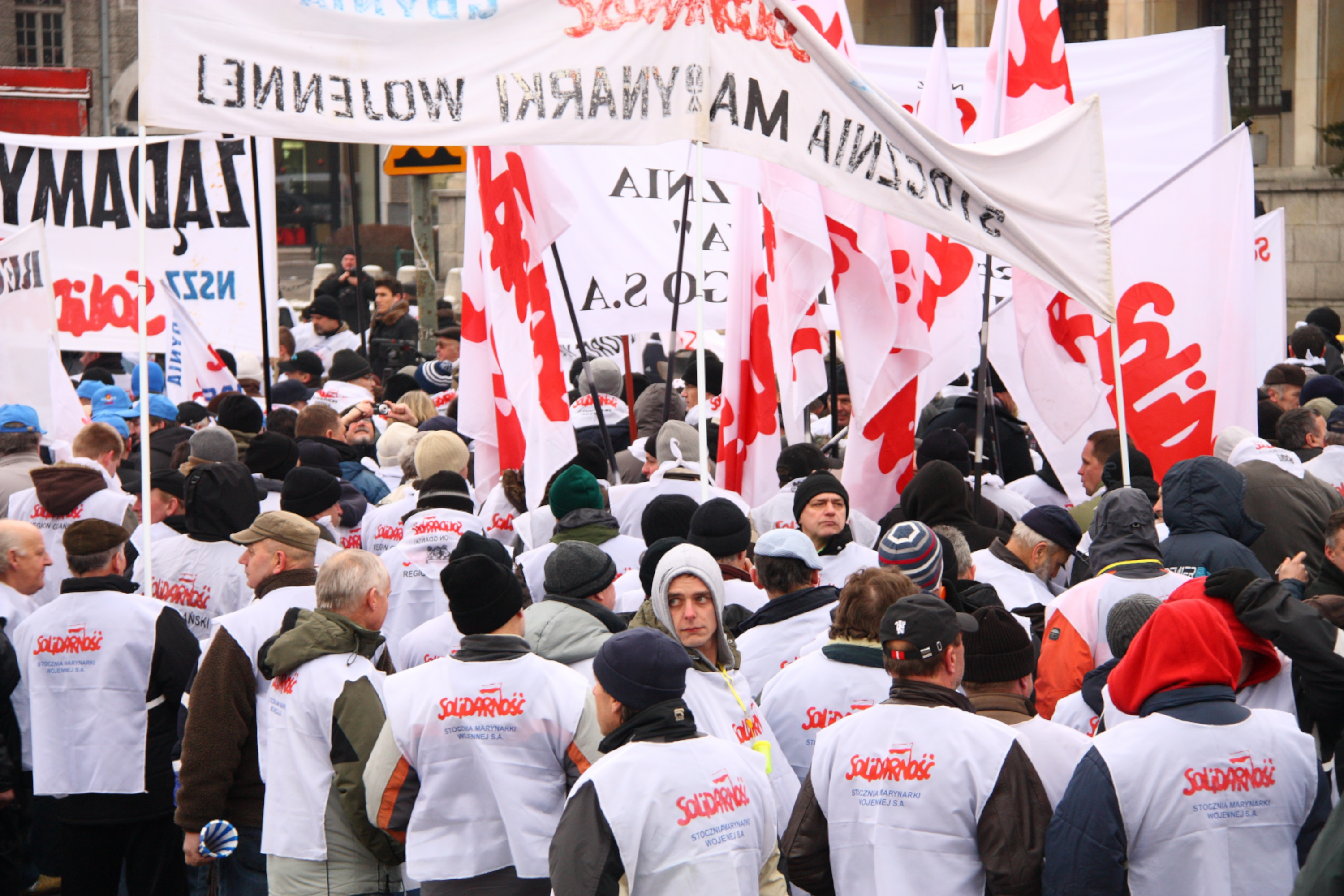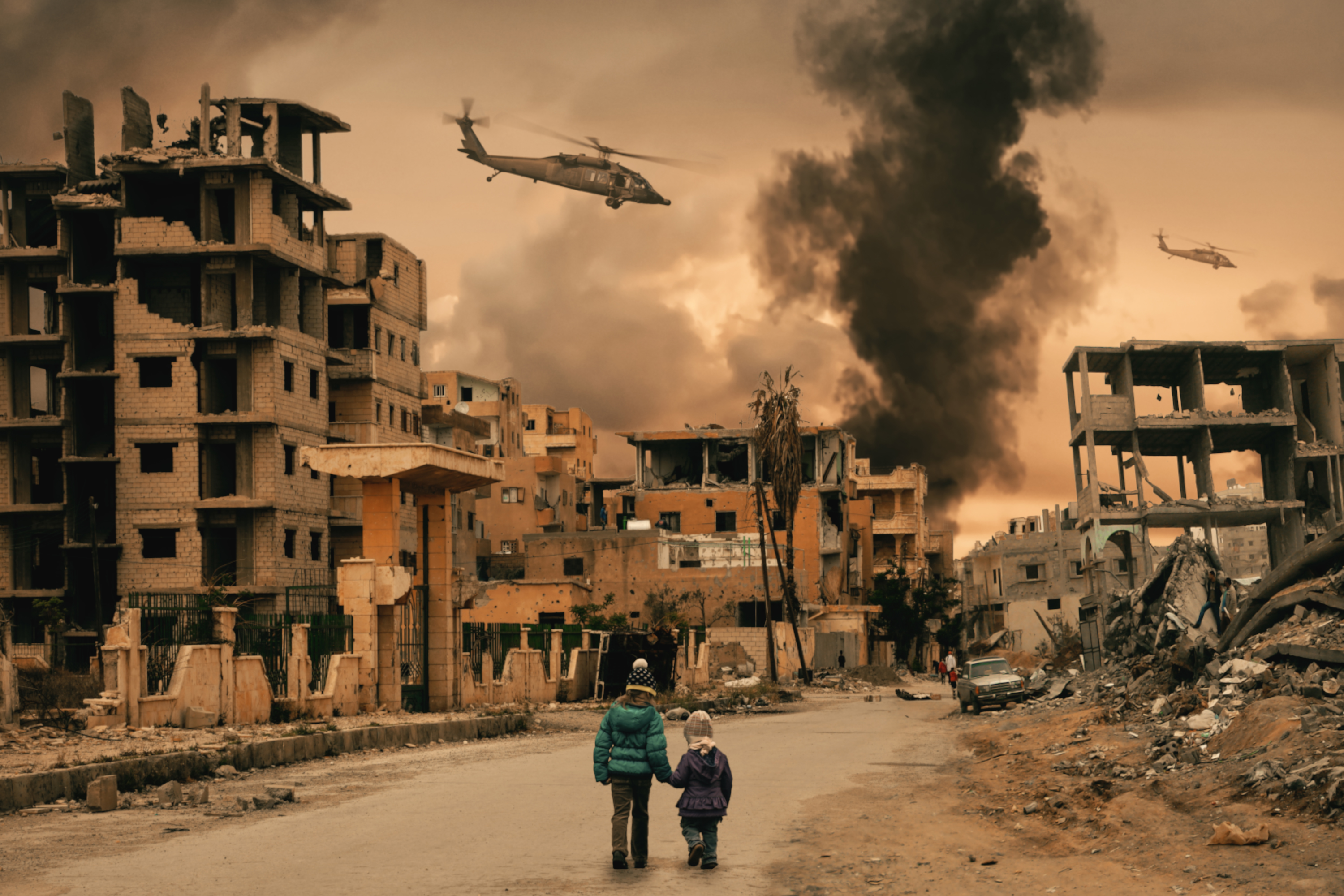I think what he meant by that is that his clarity was restored and that the sense of justice and injustice, the sense of the moral order of the world, was restored to him. So, I think recognition is extremely important. In the aftermath of terrible events, after great wrongs have been done, they cannot be undone, but the one thing that we can offer survivors of atrocities is acknowledgement and recognition of what has happened. And this is very reparative on both the individual and the collective level. Individual recognition is important to victims, and it can be offered in the family or by people who know them.
Justice after a genocide
Visiting Professor European Institute
- Allowing the victim to confront the perpetrator is a prime example of learning to deal with the aftermath of genocides better.
- Mutual recognition, dialogue and the creation of strong solidarity are vital to help prevent genocides.
- Our best hope of preventing genocides may be by strengthening liberal democracies which have been weakened in the last decades.
"Never again"
The question that arises from the study of the Nazi genocide and the genocides which have come after is whether we have learned anything from them. The second generation’s temporal position allows it not only to delve into the historical context and the historical causes of the Holocaust but also to know what has happened in the 70 years since then. And unfortunately, as we know, the motto “never again” has not been realised. We have seen a number of genocides and other forms of gratuitous violence like the awful phenomenon of apartheid in South Africa..

Truth, reconciliation and recognition
The aim of the Truth and Reconciliation Commission was not to deliver legal justice, which in any case might have been, on that scale, impossible, and which might have led to another cycle of vengeance.
The aim was rather to allow the victim to confront the perpetrator and to ask him – it was almost always him – to acknowledge what he did. I was particularly moved by reading the testimony of a man who was blinded during apartheid and who confronted his perpetrator in the course of the Truth and Reconciliation Commission. And in this confrontation, he kept asking: Did you do this to me? Did you do this to me? Did you say these terrible words to me? Did you want to annihilate my identity?
Eventually, after some resistance, the perpetrator said, yes, I did. I said those words, I did that. And the man who was the victim then said: “I want to thank the Commission because until now I was blind, but now I can see.”

Collective recognition to heal our societies
Collective recognition is also very important to restore the order of justice to a society as a whole and to incorporate its victims who have been excluded from it into its structures and into its norms. But, in a sense, when I talk about dealing with the aftermath of genocide, I am talking by analogy with the lesser evil about the lesser of good — because it would be so much better if we could prevent genocides in the first place.
In the places where genocides have occurred, and particularly where the perpetrators and the victims have to live side by side in the same society, as they do in Rwanda or in South Africa, it is important to preserve and pass on the knowledge of what happened in its historical factuality, if only to prevent the cycles of vengeance and retribution in subsequent generations. But as for preventing genocides, I think our best hope of doing that is to strengthen liberal democracies. Such democracies have been weakened in the last decades and they have bred extremist movements and they have bred terrorism.
Hundreds, if not thousands, of European jihadists have gone to join ISIS, surely the most vicious movement and ideology which has arisen since Nazism. There have been a number of terrorist attacks in various cities throughout Europe – a form, by the way, of gratuitous violence, which in this case is addressed not at the identity of specific people or groups but at democracy itself.
Strengthening democracy through mutual recognition
We urgently need to strengthen our contemporary democracies. In our diverse societies, this means that we need mutual recognition among various groups, among various cultural and religious groups. We need to understand that people can practise their religion and adhere to their cultural customs and traditions — but at the same time, we need to care for the common good. We need to adhere to common norms of law and justice in judging each other on the basis of our individual merits rather than on the basis of ethnicity or religion.

In the last decades, perhaps particularly since 1989 and “the end of history” as it was announced, we have become very complacent about the values of democracy. But we need once again to endow democracy with the charisma of meaning and a cause, and we need to understand that democracies need to be once again fought for and defended. I often think about a brilliant German journalist who was observing the rise of Nazism in the 1920s and 1930s, and who said the rise of Hitler was not enabled by the strength of fascism but by the weakness of democracy. And so, in a sense, this is another thing that we need to consider, as we remember and think about the Holocaust: that the weakness of democracy is dangerous for democratic societies and for the rest of the world as well.
The power of dialogue and solidarity
How can we actually strengthen our democracies? Mutual recognition of each other in our diverse societies is very important. In some societies, like the United Kingdom, there is a danger of living in separate enclaves, a danger of a kind of voluntary ghettoisation in which we do not know each other. We need dialogue across these cultural lines and real dialogue in which we treat each other as equals, in which we do not condemn a person who is in a position of putative power just because they’re in that position, and in which we do not condescend to a person who is in a position of lesser power but respect their agency and their responsibility.
So, we need authentic and difficult dialogue, but we also need to develop the sense of common responsibility, to develop solidarity. I think solidarity is a very important concept. It was really the great triumph of Poland, before it took its new path, that it created the movement of Solidarity and such a widespread sense of solidarity in the entire society. And I have come to believe that solidarity is one of our deepest grown-up desires. We want to live together with people whom we can trust and whom we trust to help us and whom we want to take care of in turn. So, I think the creation of strong solidarity is very important.
Learning our only lesson
The weakness of democracy is dangerous for the rest of the world as well. As I watched the images of the war in Syria, I was often in a state of impotent rage, which perhaps was connected with the experience of the Holocaust.

This was an example of gratuitous violence. This was not a war. This was a leader of a country assaulting its own people. And we watched the images of this on television every night. In a sense, we knew much more about what was going on in Syria than the witnesses of the Holocaust did about what was going on during their time – and yet the international community did nothing. Part of strengthening the democratic order is strengthening international organisations – and the notion, for example, of responsibility to protect. International organisations such as the UN, have not been strong in recent years, but I think that their impotence creates cynicism, which in itself is very dangerous.
I think that the strengthening of liberal, temperate democracies is really the only lesson we can derive from the extremity of the Holocaust and from remembering how easily such things are lost.
Discover more about
learning from past genocides
Hoffman, E. (1990). Lost in Translation: Life in a New Language. Penguin Books.
Hoffman, E. (2003). After Such Knowledge: Memory, History and the Legacy of the Holocaust. PublicAffairs.